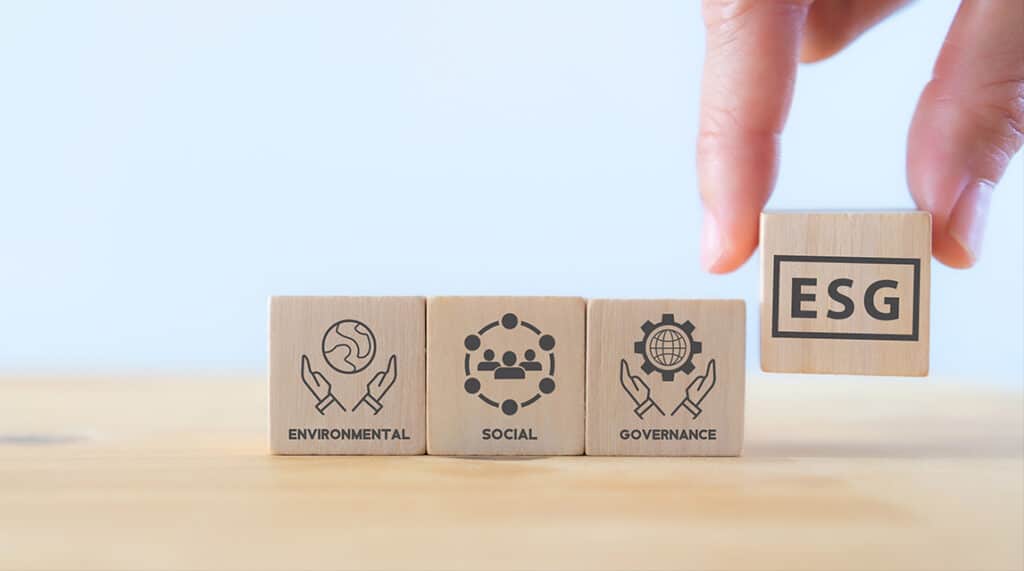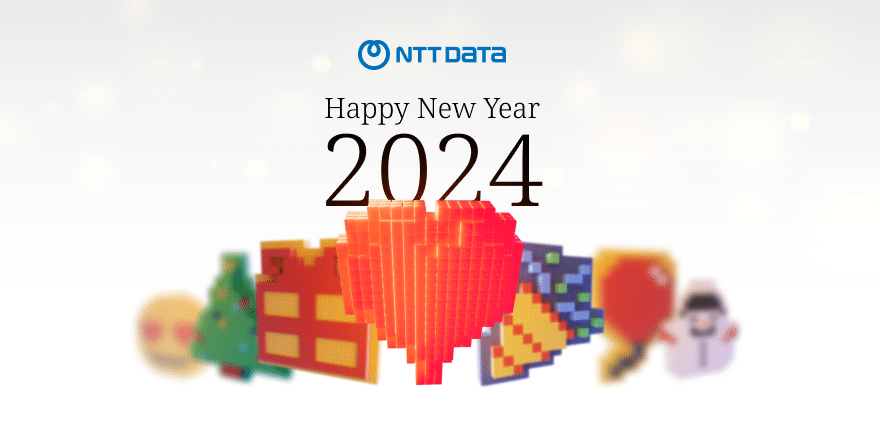Finance departments are working hard to integrate sustainability into their daily operations. FDmagazine chronicled the experiences of Proximus, Sandoz Industrial and NTT DATA.
What is the state of sustainability in the finance department?
JUAN JOSE PIEDRA GALAN: Sandoz Industrial and its umbrella group Novartis have set a major strategic sustainability goal: net zero by 2040. In terms of reporting, we focus us to IFRS standards for sustainable reporting. So far, that is a drat or draft proposal, which is neither definitive nor mandatory. Our organisation has nevertheless decided to prepare for its introduction by 2023 with the aim of publishing a first audited sustainability report by 2024. That should incidentally happen at the same time as the financial result. That in itself is a challenge: financial reporting is a solid process. ESG (Environmental, Social, Governance) and sustainability are still very new.
Still, we should aim for a same degree of reliability and punctuality.
KOEN VAN PARYS: I have been working for Proximus for more than 20 years now, the last few years as corporate finance lead. In this capacity, I take care of long-term financing in the form of loans and bonds. Meanwhile, this includes a green bond and a sustainable bank loan. For the green loans and bonds, we have – together with the sustainability department – developed a framework to serve as a basis for all documentation. The intention is to generate as much as possible the same set of data that we use in communication with banks and investors, in the mandatory annual report, in sustainability reports, and so on.
KOEN JANSSENS: As director of business consulting at NTT DATA, I note that sustainability is now part of the strategy of our clients, mostly large companies. They embed ESG goals at the highest priorities of the organisation. Companies realise that there is a lot of work involved in preparing the reportings of kpi’s, such as CO2 emissions, equal opportunities policy, and so on. Now they still do this manually, but they are very well aware that this will eventually have to become an automated process.
KOEN VAN PARYS: I agree that we should aim to automate sustainability reporting, but for Proximus it is still too early. The EU Taxonomy will be an important standard for us, but it is still not final. There is no point in making efforts and investments now that are provisional anyway.
JUAN JOSE PIEDRA GALAN: That will be at us also manually at first. We are now in the middle of a migration to S4Hana. The ESG data are not our main concern at the moment.
By the way, a lot of the data we need is not in SAP. We certainly have to get the data on Social or Governance from completely different systems. I find these two topics the most difficult.
Are more and different finance staff needed to achieve sustainability goals?
KOEN VAN PARYS: Yes and no. We certainly won’t expand the finance department to achieve the sustainable reporting, but I can see it happening with shifts and temporarily bringing in outside experts with expertise to help us along the way.
JUAN JOSE PIEDRA GALAN: We have have now put together a small team of new employees who are responsible for this. As we find that it is very difficult to find well-trained finance staff with sufficient ESG knowledge, we have decided to train them ourselves.
What is the status of standards and norms such as the EU Taxonomy and the announced update of IFRS?
KOEN JANSSENS: The IFRS-standard, which the large and listed companies use, will be updated later this year. The intention is to set up a framework (IFRS Sustainability Disclosure Standards) so that companies can report their financial results linked to sustainability in a comparable way. This is primarily intended for investors and parties in the capital market. The adoption of that new standard is not mandatory, but I note that our clients intend to adopt it.
KOEN VAN PARYS: We are going to make it out that there will still be changes to the texts for the EU Taxonomy. At the moment, we are sure we can catalogue ten per cent of our turnover as sustainable. We expect to increase that percentage substantially once everything is final. The commission promised to give certainty on this by the end of 2022. Of course, it is somewhat strange that in six to eight months we will already have to report according to a standard that does not yet exist. On top of that, we then also have to have the results audited by an external party.
As a company, how do you deal with these provisional rules?
KOEN VAN PARYS: We have teams that follow up on the different themes. They already do what they can based on what they know. At the same time, they keep an eye on all the changes and then continue working. I think it will be the same after publication. Even then, not everything will be perfect and adjustments will follow. I still expect a lot of ad hoc adjustments in an initial period, but over time, much will be automated.
JUAN JOSE PIEDRA GALAN: For me itself, the most important thing was to adjust my mindset and accept that as CFO, I will be fully responsible for publishing the sustainability data. As CFO, I have to sign that report. ESG has now become a top priority in the organisation and therefore also in the financial department. Once that realisation has sunk in, it’s a matter of convincing the other managers to cooperate. That way, together we make it a standard process, with fixed KPIs, measuring points, processes, teams, and so on. In this period, this is still a bit uncomfortable, but we will overcome that too.









